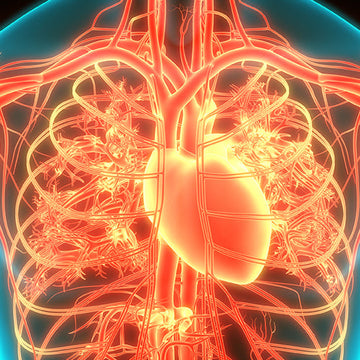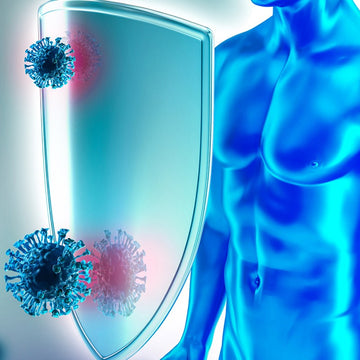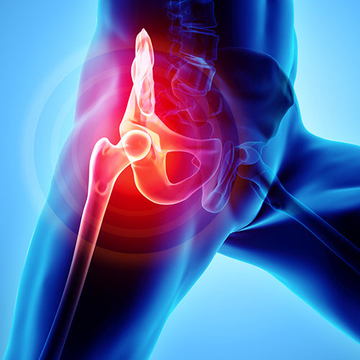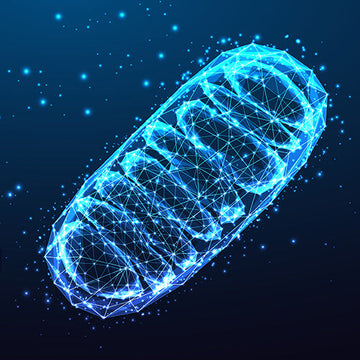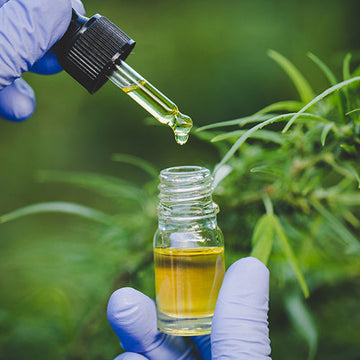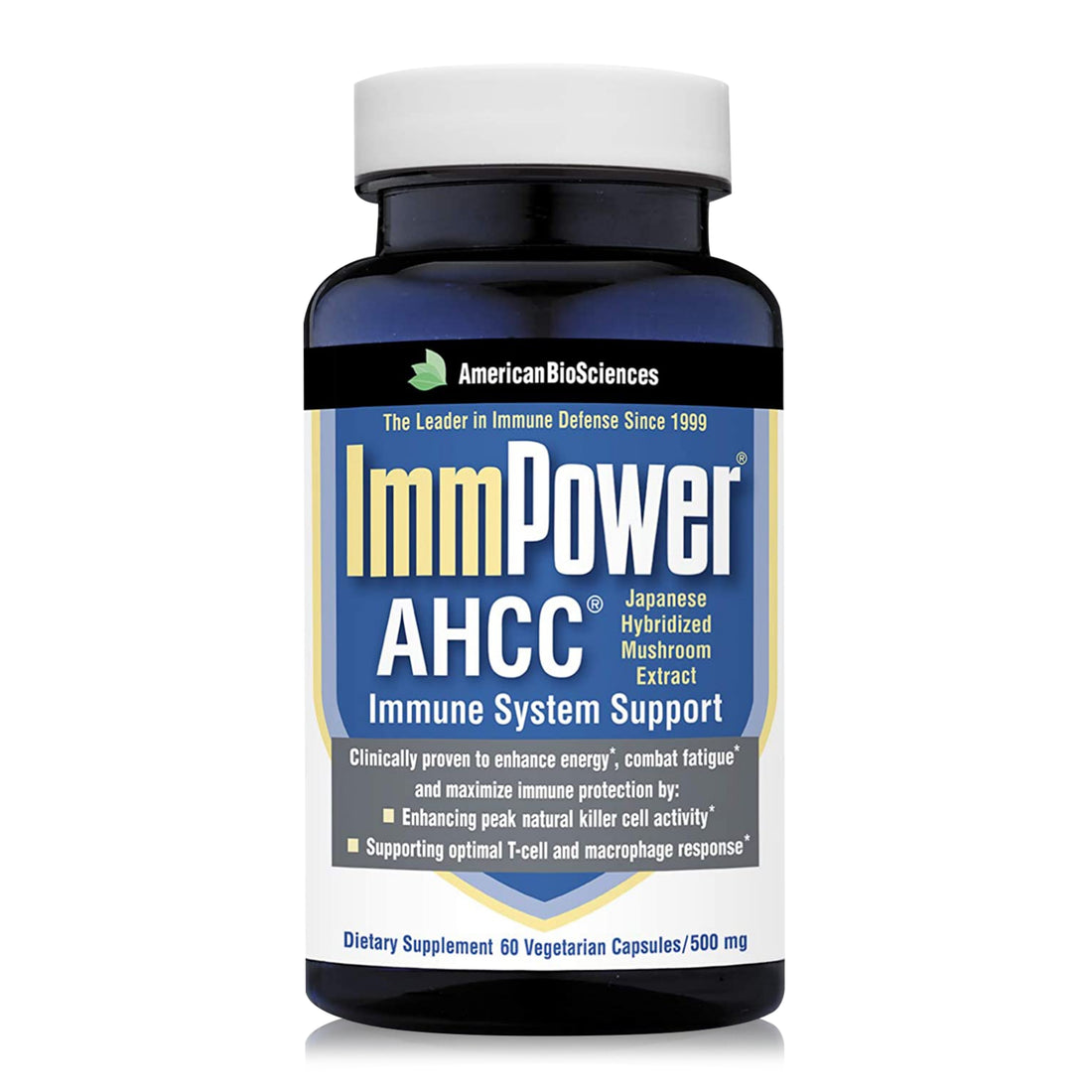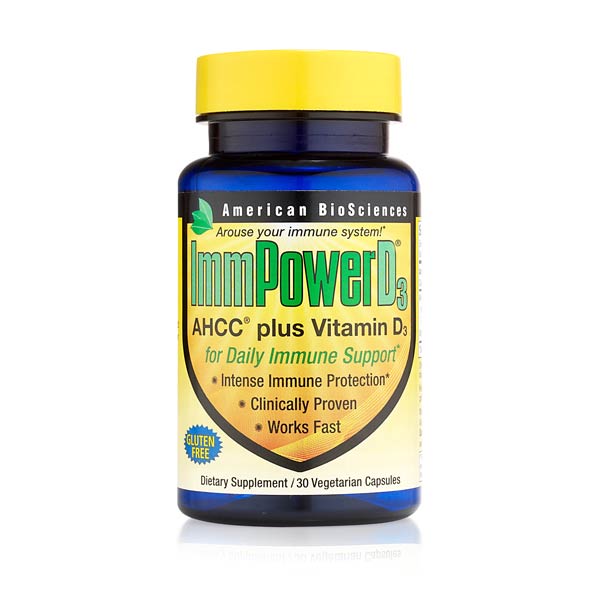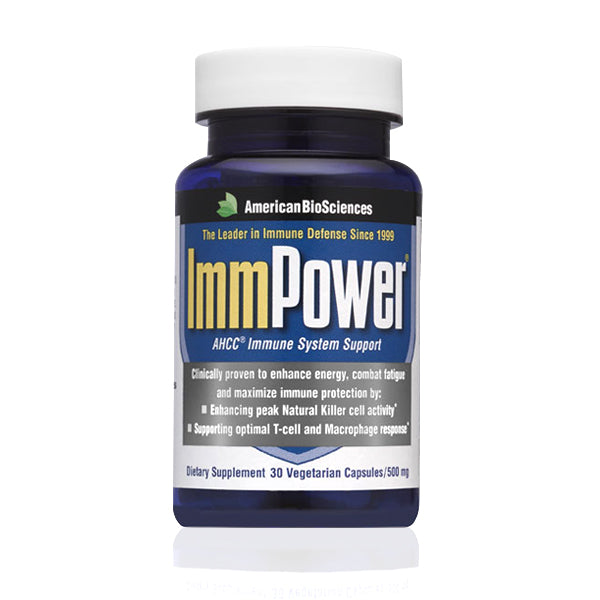An impressive 62 percent of Americans use anti-aging products
as part of their daily skincare routine, according to one survey from RealSelf. While the process of aging is inevitable, the use of creams, lotions, and supplements are sworn-by methods for many to slow visible signs of aging. However, others may remain skeptical as to whether such treatments really work. From the benefits of turmeric to collagen and more, here’s
what you need to know when it comes to a few of the anti-aging wellness supplements out there.
The benefits of curcumin
Also known for being the main active compound in the spice turmeric, curcumin is well regarded for its antioxidants as well as its anti-aging properties. In fact, research demonstrates that curcumin activates certain proteins, which helps to delay cellular senescence - a process that occurs when cells stop dividing (senescent cells are known to accumulate with age and are believed to speed up the progression of aging).
Curcumin has also been shown to fight cellular damage, proving that either curcumin supplements or simply eating more dishes that contain turmeric to be more beneficial than one would think.
NAD+ Boosters
Found in all living cells, nicotinamide adenine dinucleotide, or NAD, is defined as a coenzyme central to metabolism. It acts as a kind of fuel to key processes within the body, including converting food into energy and repairing damaged DNA. With levels of NAD determining the speed of the aging process, boosting cellular NAD+ levels
may be beneficial in slowing aging, as it’s been shown to improve the lifespan and health span in animal models of premature aging, as well as in humans, too.
NAD+ boosters are dietary supplements that are said to increase cellular levels of NAD+, with examples of potential boosters including nicotinamide riboside, an alternative form of vitamin B3
that’s also known as niacin, which can be found in trace amounts in cow’s milk, beer, and yeast.
What about collagen?
Collagen is a protein that is naturally produced by the body and is the main building block for bones, skin, and hair, to name just a few. Because collagen production naturally slows down as we age, many seek to restore it via supplements and creams that promise to do just that.
However, these may not be as effective as many believe it to be, particularly when taken via dietary supplements, because it is unclear as to whether collagen supplements are absorbed or completely broken down by the stomach. Dermatologist Dr. Ohara Aivaz says that topical treatments (such as retinol and tretinoin)
are scientifically proven to promote collagen formation.
Antioxidants such as vitamin C can also help, by reversing the inflammation that is known to cause damage to the collagen in skin as well, making such methods more beneficial than creams or lotions that contain collagen.
Fermented Wheat Germ Extract – Super Concentrate
Scientists have discovered that a major cause for unhealthy aging is malfunctioning mitochondria. As you may remember from high school biology, every cell in our body is controlled by its mitochondria. Without the mitochondria working properly, abnormal cellular metabolism takes place, causing unnatural damage to vital cells.
Therefore, helping the mitochondria to function correctly can attenuate the overall aging process.
Fermented wheat germ extract – super concentrate (FWGE-SC) works by upregulating genes that aid mitochondrial health and downregulating genes that may be responsible for mitochondrial disfunction. Recently published research shows that FWGE-SC rescues the mitochondria by helping the cell to function properly.
Conclusion on anti-aging wellness supplements
Anti-aging products are a staple in many people’s daily skincare routine, though it can be daunting to know what is best. From turmeric to vitamin C, several supplements are well-known to provide benefits for your skin and contain anti-aging properties.

